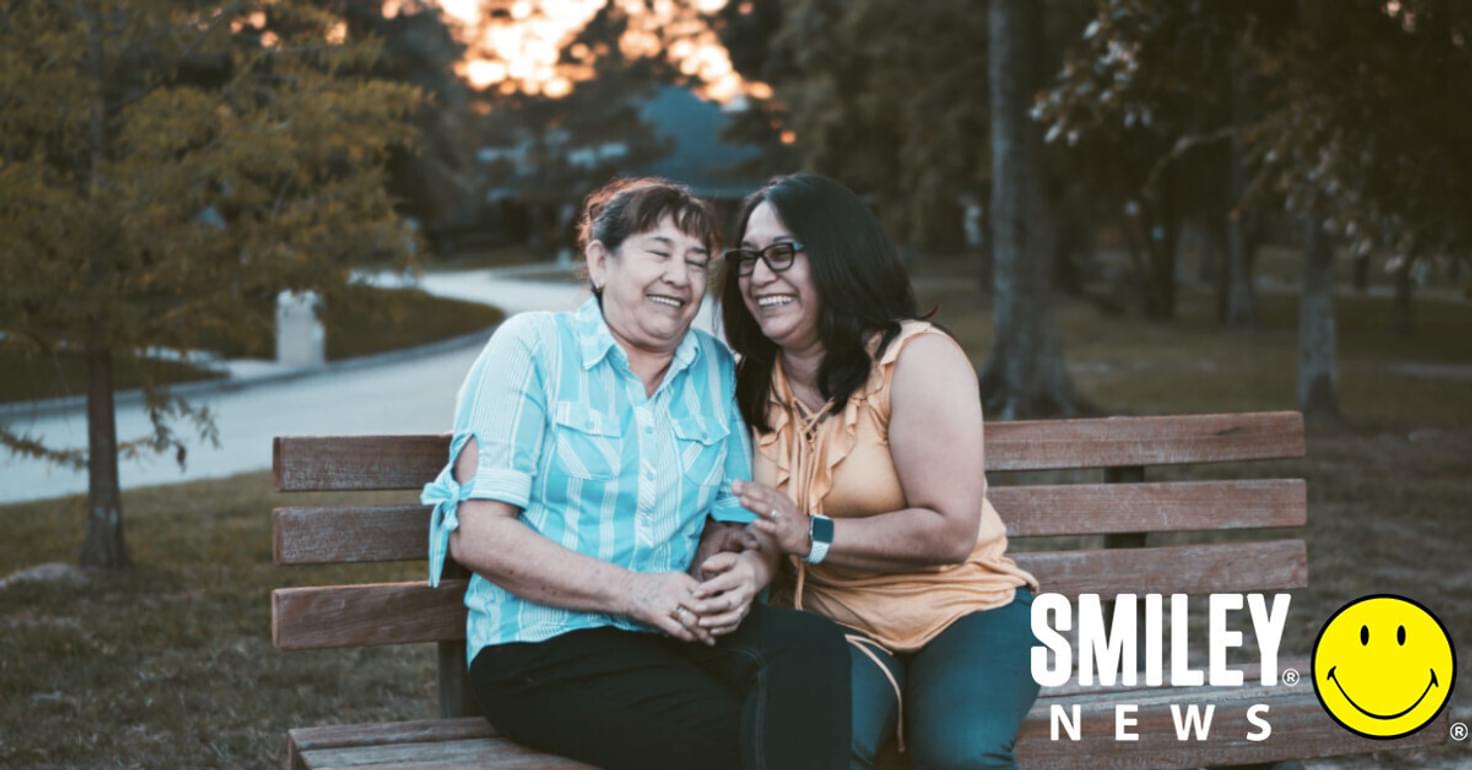
Words by Smiley Team
Wish is a user-led charity that supports women with mental health needs in prison, hospitals and the community. Founded in 1987, they have been working tirelessly to ensure that all women’s mental health needs are met.
Initially, they began by providing independent advocacy to women when they realised that the generic services were failing people by not taking into consideration someone’s individual history, background, journey, abuse or trauma and discrimination they might have faced. They aim to be as inclusive as possible, ensuring that women from a variety of backgrounds get the help they need.
Emily Reynolds, Policy and Campaigns Manager, tells us that ‘we understand that people's experiences of illness, health and care is affected by their class, race, sexuality and gender – a transgender woman won't have the same experience of mental healthcare as a cisgender woman, for example, and we believe it's really important to take those intersecting factors into account in our work.’
They achieve this in a variety of ways. As well as independent advocacy, they also prompted self-advocacy, giving women the confidence and skills to assert their needs by providing information, resources and skills training.
Wish has a project called Community Link which works to support women moving from prison or hospital into the community. This intensive project is delivered one-on-one and every relationship has pathways tailored to an individual’s specific needs as opposed to simply offering generic services. Examples of what Wish does include helping women engage with services or attend court, provide guidance around housing, accommodation, benefits and finance, offer opportunities for social contact and peer support, and try to foster creativity, talents, hopes and goals.
Furthermore, Wish helps women get their voices heard at a policy and practice level. ‘Despite the rise in the popularity of co-produced services, many are still designed with absolutely no input from or understanding of the lives of those who use them. We make sure that women's needs are actually being met and that they have some input in how that happens. We're doing that partly through our Women's Mental Health Network, through which we consult with women with experience of the mental health or criminal justice systems and boost their voices to help improve services’ says Reynolds.
A lot of the work Wish does is face to face and subsequently they have had to adapt due to the pandemic using technology and phone calls, though this is less than ideal. They have been working with women to support them in a number of ways - on Instagram, for example, or by text for those who do not like speaking on the phone. The need for Wish has become increasingly important. Reynolds tells us that ‘lots of the women we support have trauma or a history of domestic or sexual violence, and they're particularly affected by the current situation; distressing symptoms are coming back or are amplified, for example. So the online, video and phone support has been really extensive and we've been doing that as much as we can.’
Reynolds also tells us about their project piloting a gender-specific, trauma-informed counselling service for women in Tower Hamlets which was free or very low cost: ‘Just before Covid-19 happened, we were working on rolling this out to more women in more areas and that's still something that we hope to extend this year if we can. ‘
The lockdown has also meant they have not been able to engage everyone and there are women who they have been unable to reach. In medium and low secure units that they work in, it has been difficult to get in touch with new admissions, particularly as not everyone on the wards has permission to use a mobile phone and relies on a payphone.
Wish have also been trying to provide extra support, organising food parcels and helping with utilities debts, paying for extra minutes and data so women can stay in touch. They have also been sending out ‘feel good packs’ filled with puzzles, books, cards and other nice little gifts to make things a bit easier to bear.
There are a variety of ways to support Wish’s work both now and in the future. They would love to receive donations, which can be made here and any companies that might like to donate food parcels or gifts for their feel good packs can also get in touch at [email protected].
Wish would also love more people to join the Women's Mental Health Network, which you can do here.
By Ellen Jones